Founded in 2010 by entrepreneur Melaku Abebaw, Megendi Coffee Export is dedicated to bringing the finest Ethiopian coffee to the world. With deep roots in the rich coffee heritage of Ethiopia, we pride ourselves on our commitment to quality, sustainability, and excellence. Megendi Coffee Export sources coffee beans from some of the most renowned coffee-growing regions in Ethiopia, including Sidamo, Yirgacheffe, and Harrar. We work closely with local farmers to ensure that our coffee is sustainably grown and harvested. Our careful selection and processing methods result in a diverse range of coffee profiles, from bright and fruity to rich and complex.
Our Coffee is often grown in high-altitude regions, which contributes to its exceptional quality
Our coffee is known for its diverse flavor profiles, which can range from bright and fruity to rich and complex
Ethiopian coffee ceremony is a time-honored practice that involves roasting, grinding, and brewing coffee beans in front of guests, symbolizing hospitality and community.
Our coffee farms practice sustainable and organic farming methods, preserving the natural environment and ensuring the quality of the coffee.
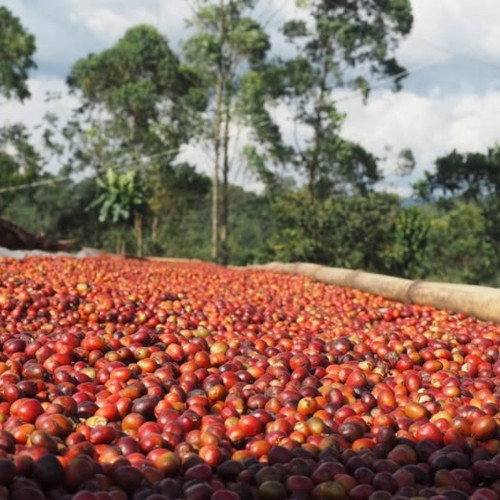
See More Coffee and Order samples
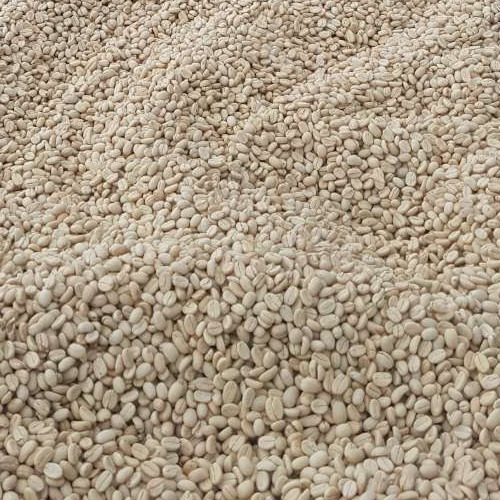
See More Coffee and Order samples
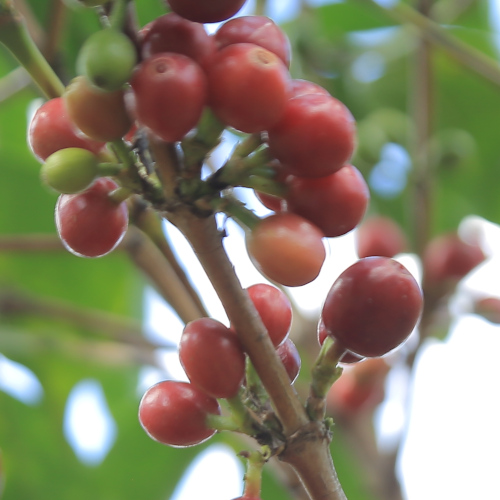
See More Coffee and Order samples
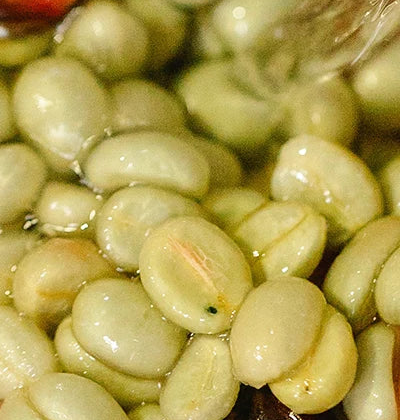
The washed coffee process begins by depulping ripe cherries to remove skin and pulp, leaving mucilage-coated beans. These ferment in water (12–48 hours) to break down the sticky layer, then are rinsed clean. Beans are sun-dried on raised beds or patios for 1–2 weeks until moisture drops. Hulling removes the parchment layer, followed by sorting and grading. This method, water-intensive but precise, yields a bright, acidic profile with clean, nuanced flavors, emphasizing the bean’s inherent qualities rather than fruity or earthy notes.
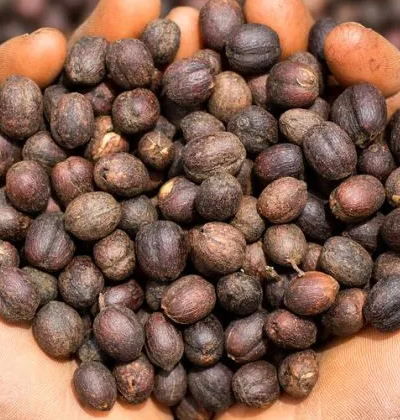
Natural process coffee, or dry process, involves sun-drying whole cherries with beans intact. Harvested cherries are spread on patios or raised beds for weeks. As they dry, natural fermentation of sugars and pulp imparts sweet, fruity flavors like berries or tropical fruit. Common in arid regions such as Ethiopia and Brazil, it demands regular turning to prevent mold. The result is a full-bodied, complex cup with vibrant acidity and intense aroma, celebrated for its bold, fruity profile.

Honey process coffee, a hybrid method between washed and natural processing, involves depulping ripe coffee cherries to remove the skin while retaining varying amounts of sticky mucilage (resembling honey). The beans, coated in this sugary layer, are dried on raised beds or patios, with frequent turning to prevent spoilage. The remaining mucilage influences flavor—yielding a balanced cup with medium body, bright acidity, and notes of tropical fruit, caramel, or floral hints, depending on mucilage levels (yellow, red, or black honey variations).
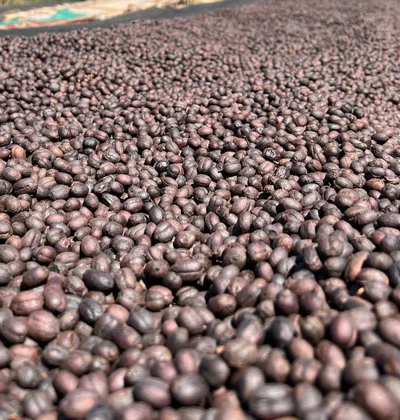
Anaerobic coffee processing involves fermenting coffee cherries in oxygen-free, sealed tanks to enhance flavor complexity. Deprived of oxygen, microbes metabolize sugars differently, producing distinct acids and aromatic compounds. This controlled fermentation, typically lasting 24–96 hours, emphasizes fruity, floral, or wine-like notes, depending on variables like temperature and duration. The method, popular in specialty coffee, yields uniquely vibrant profiles compared to traditional aerobic methods.